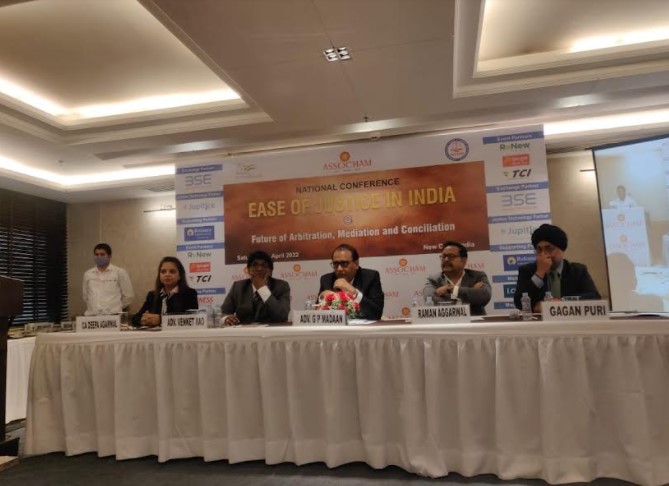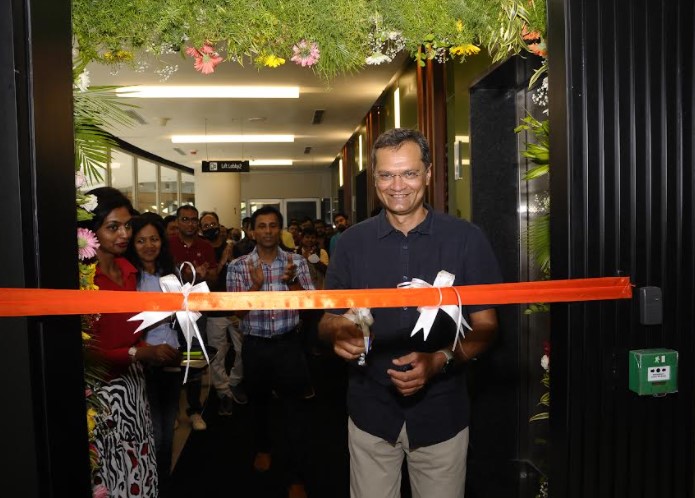The Beginning of Sweet Revolution


New Delhi (India), August 31: A helping hand can be a ray of sunshine in a cloudy world. Some people find their purpose in helping others, and one such company that is determined to make the world a better place is the Kejriwal Group. Kejriwal Group is not just the company that first started the export of honey from India, but is also a group that largely focuses on giving back to society.
Prakash Kejriwal, Owner of the Kejriwal Group and Nature’s Nectar brand, revealed their journey of working for the betterment of society since the 1980s apart from discussing about their heritage, export stake and the quality of their product.
We have heard a lot about the CSR initiatives of Kejriwal Group. So first of all, could you please enlighten us about how you are helping the people of our country while running your business?
Yes, let me start by telling you that we started Kejriwal Foundation for Rural Development way back in the 1980s, even before we ventured into the honey business. Since we were from the agricultural field, my father always believed that it is important to give back to society. We took various initiatives for the upliftment of farmers and rural India by providing them with employment and income. Then when we got into the honey business, we took it upon ourselves to provide free beekeeping training to existing beekeepers as well as landless farmers who wanted to generate income in an honourable way.
Want to get your story featured as above? click here!
Want to get your story featured as above? click here!
We hold various seminars and training programmes now and then for thousands of people who need them in the country. We also have two paid entomologists on our roll who are available on call to any beekeeper in the country who wants to reach out to them. Next, we print a quarterly magazine called “Bee Care” where we keep on updating beekeeping news, best beekeeping practices, and other relevant information for all beekeepers in India.
We also took up a project in the Sundarbans after the Cyclone Aila destroyed the fish and forestry of the area. Since their livelihood majorly depends on either fishing or beekeeping, we helped the indigenous beekeepers by ethically sourcing honey from them. They sell half of the collected honey to us and preserve the remaining half for off-season feeding.
Our honourable Prime Minister recently talked about Sweet Revolution and the concept of more crop per drop. Through beekeeping, we increase the yield of Indian agriculture with the same infrastructure and inputs. It is a scientifically known fact that beekeeping can increase the production of all-seed crops by almost 42-45 per cent. At present, we are running four projects for the Government of India in 4 states and we are in talks with tribal peopleto engage in beekeeping as well. So the CSR activities have been going on and will continue to go on because that is what the company stands for.
That’s great! Can you shed some light on the heritage and legacy of the Kejriwal Group?
Yes, Kejriwal Group was started by my late father Sh. N.M. Kejriwal in the 1960s with various food products like tropical fruit pulps, rice, jams, pickles, etc. My father was known as the pioneer of the Indian Food Processing Industry. During our initial phase of existence, we had a joint venture with the USSR government to supply tropical fruit pulps and our contract with themthen was more than the total production of fruit pulps in India at that time. My father, the ultimate pioneer,set up units all across India to meet the demand of the global market for Indian food products and fulfilled his commitment by establishing India on the world food map.
We entered the honey industry when I started learning about the business in 1995-96 after completing my 12th standard. My father was quite supportive of me handling the unit of honey entirely since it was new and offered a great learning experience. At that time, we were successfully able to source some good-quality honey from producers in Punjab. And that is when we got it on track. We were the first organised exporters of honey from India. Nobody had exported honey from India before 1996. And in the first year itself, we did a good sale. It might seem like a small quantity now but at that time we exported 8 containers to the United States,which were close to164 tonnes.
What was your thought process when your father decided to give you the baton of this family heritage? Did you see it as a responsibility or an opportunity?
At that time honestly, I just saw it as an opportunity. As a student, I just wanted to learn. As an 18-year-old, there was no responsibility on me and since the honey venture was new, I actually had no fear of failure. So I just dived into it without much thought. I travelled extensively to Punjab, Bihar and UP in search of suppliers and luckily we were able to source honey.
I remember when we first started buying honey,at that time honey price in bulk was₹14 per kg which was cheaper than the price of sugar which was ₹18 per kg. The total production of honey in India was only 8000 MT and the demand was even lesser. With the advent of exports, the beekeepers started to get a better fair price. I can recall that within a year or so, the price of honey increased to around ₹22 to 23 per kg. And that was a very big jump for the beekeepers at that time. As a result, more people started to get into beekeeping and it gave a very big boost to honey production in India. Today, India proudly produces approximately 125000 MT of honey annually. In a nutshell, I just grabbed the opportunity I was given and made the best out of it.
What is your current stake in the total market export of Indian honey as a product?
Indian honey has made huge strides from 1996 to 2022. From being nowhere on the scale, today India ranks among the top 5 producers and exporters of honey in the world. There has been a huge improvement and most of itis credited to exports. This started with us and now other brands have come in as well.
The Indian price depends on the export price and this is how our beekeepers are earning guaranteed income. Talking about our stake on a 5-year average, Kejriwal Group is exporting around 15-20 per cent of India’s total export. In terms of production, we are handling 15000 tonnes out of India’s total Production of 125000 tonnes.
How do you ensure that your product remains the best in quality in such a competitive market?
Our emphasis has never been on price. Instead, it has always been on quality. When we decided to enter the domestic market, our target was to bring export quality goods to our Indian consumers. Our adulteration parameters are up-to-date which are the same for our domestic as well as our international markets. Nature’s Nectar honey is antibiotic and pesticide residue-free, and it not only complies with FSSAI requirements but also stringent international norms. We pack the same honey which we consume ourselves at home and give to our children and family.
Internationally, we are still supplying to customers to whom we supplied 25 years ago, and this can only happen when there is reliability and goodwill in your field. We have proved time and again that we stand for quality and commitment. We are not trying to sell cheap or compete with anyone. I think there is enough room for everyone to stay in the market. All we are trying is to bring a quality product to our Indian consumers through our brand, Nature’s Nectar.
If you have any objection to this press release content, kindly contact pr.error.rectification@gmail.com to notify us. We will respond and rectify the situation in the next 24 hours.
Want to get your story featured as above? click here!
Want to get your story featured as above? click here!
















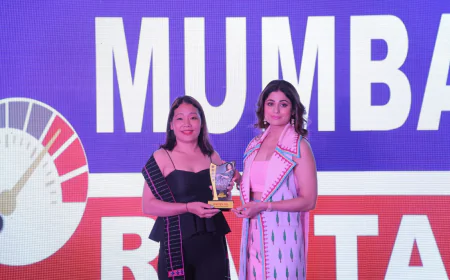
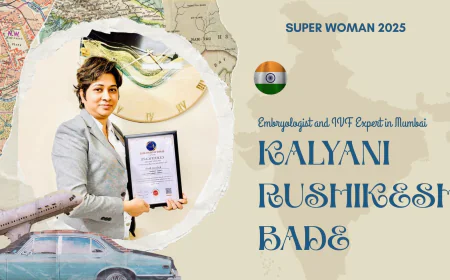
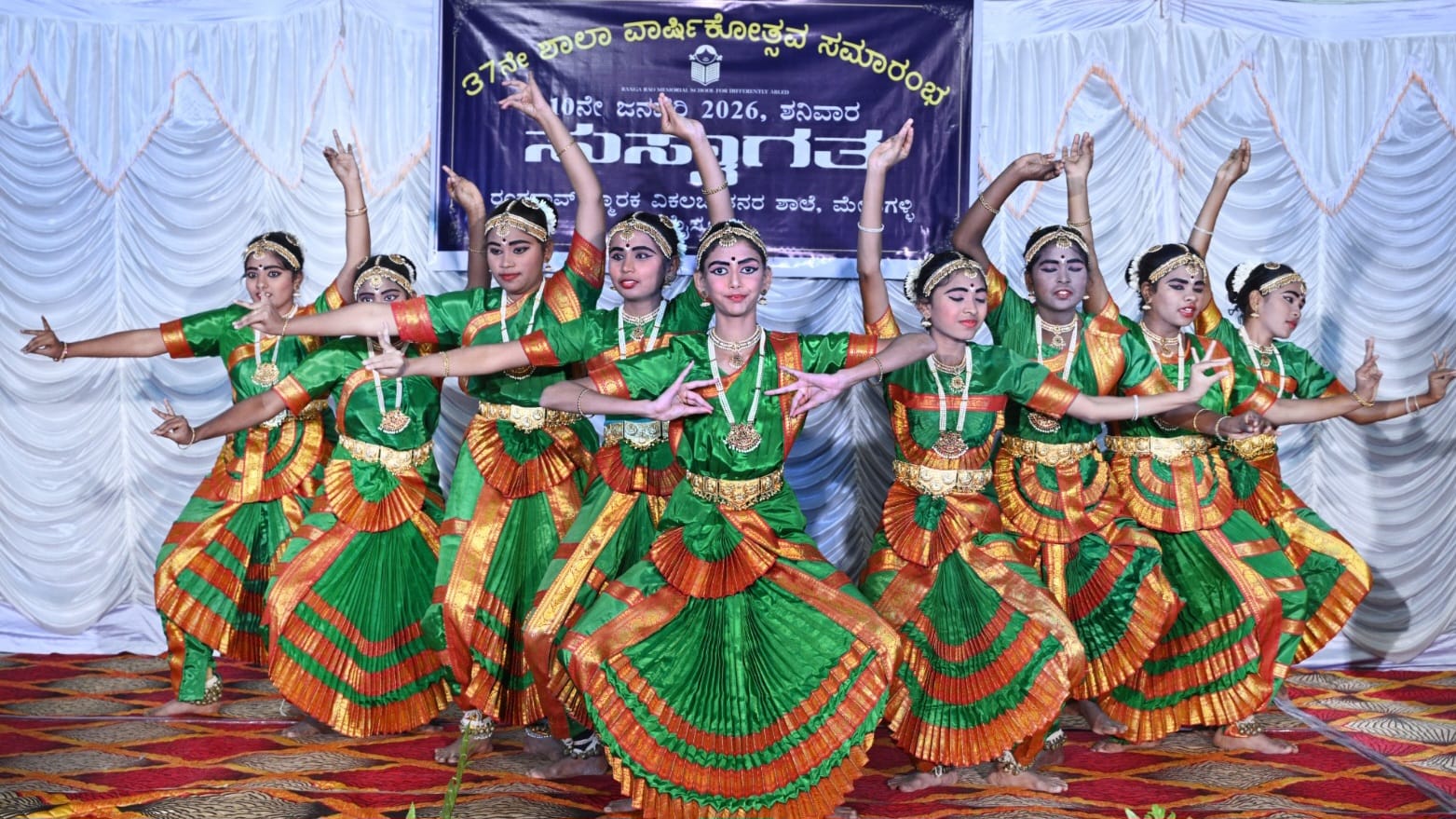

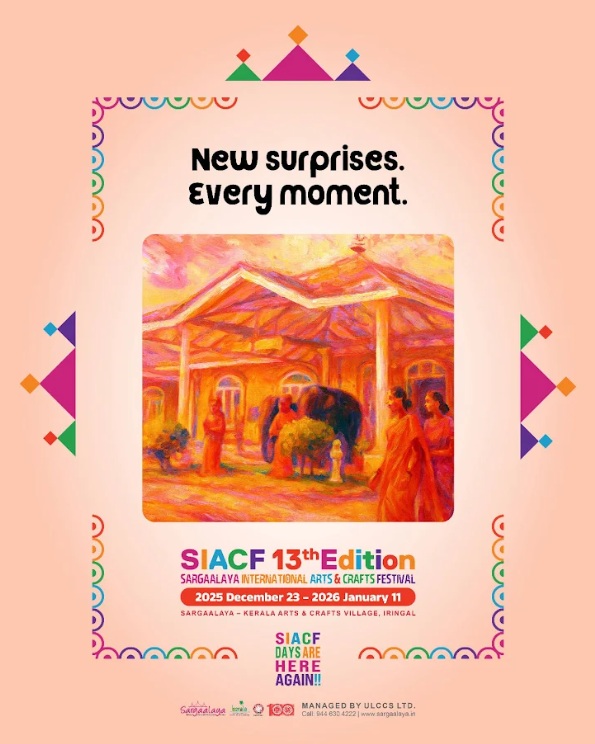

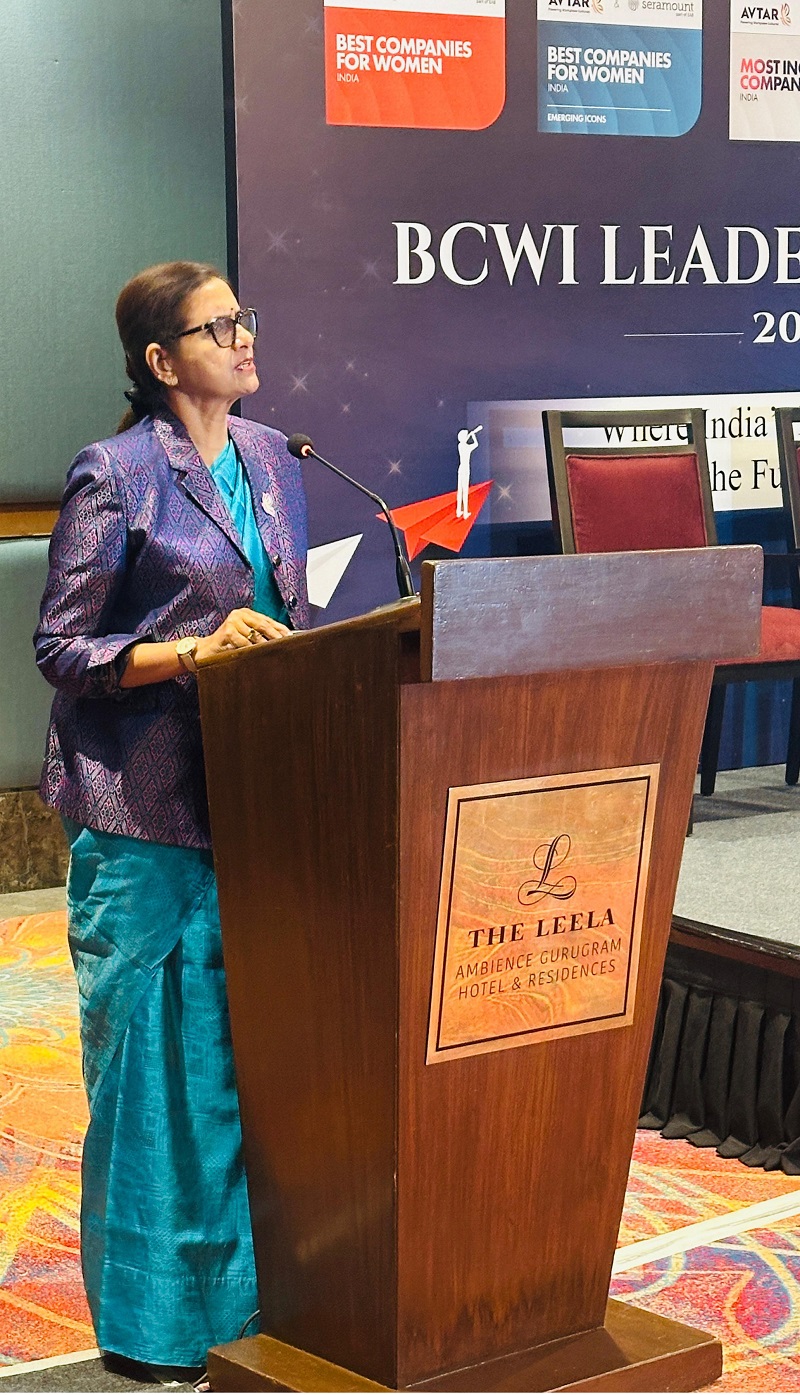
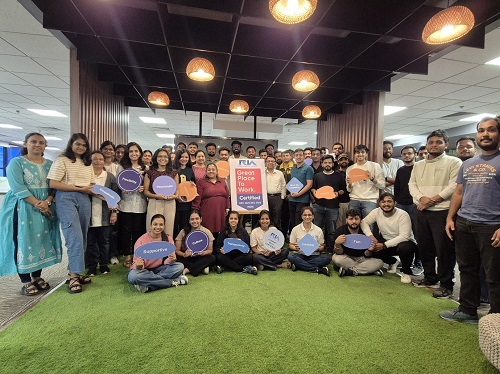




















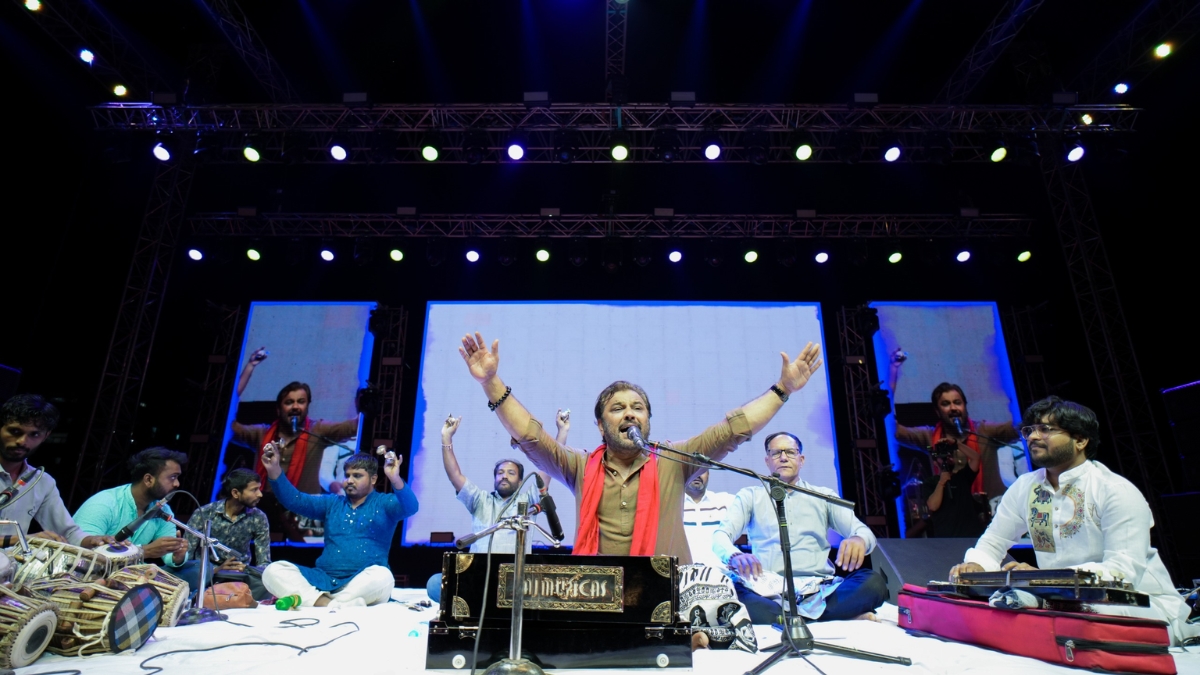


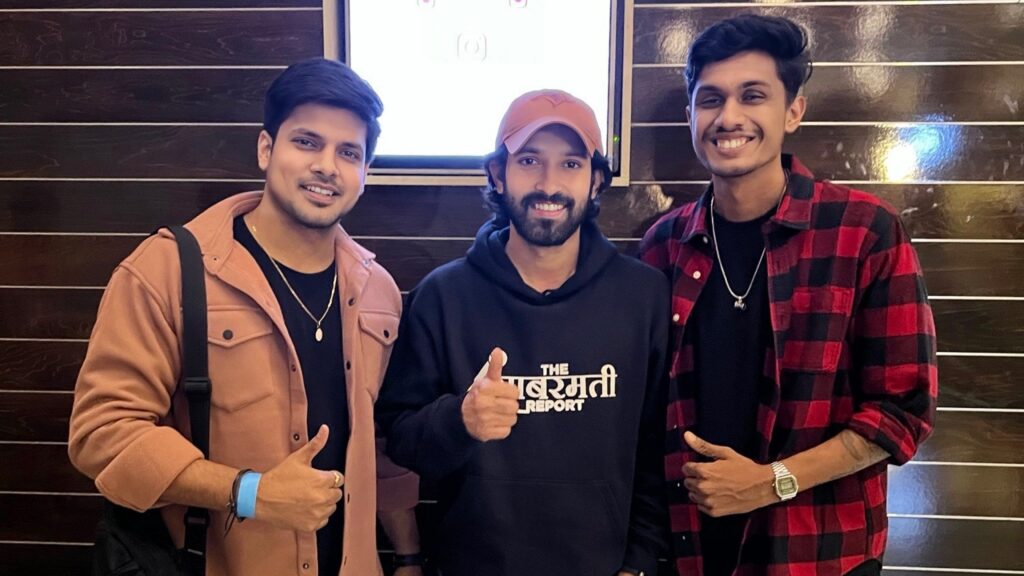

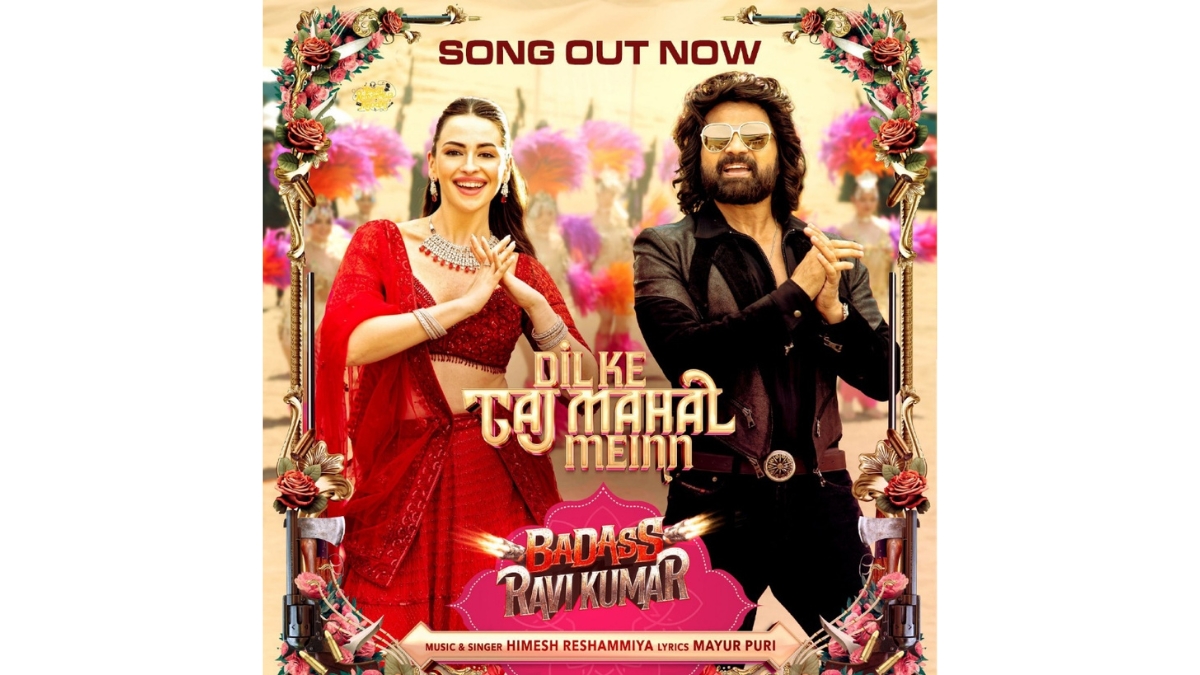













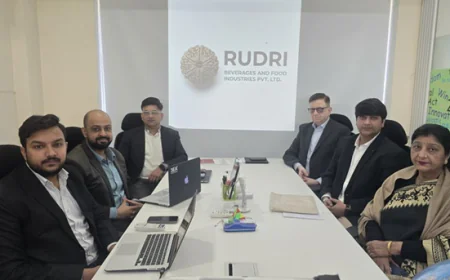
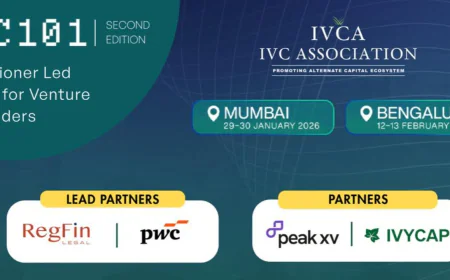

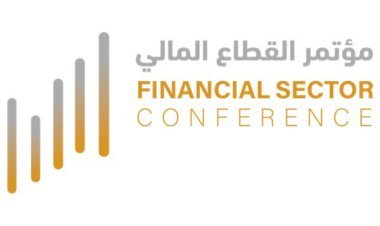
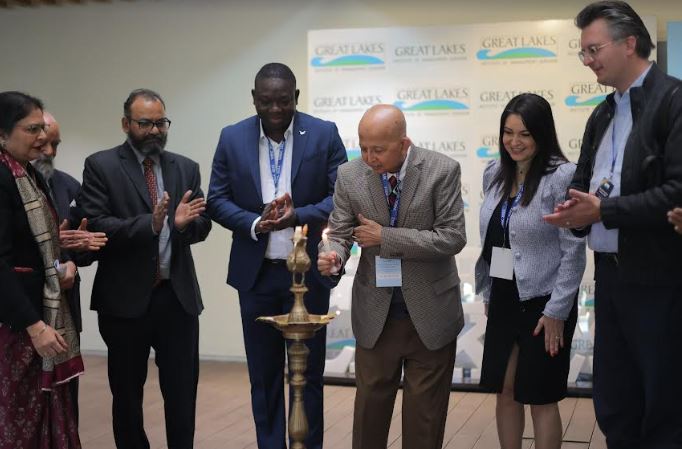
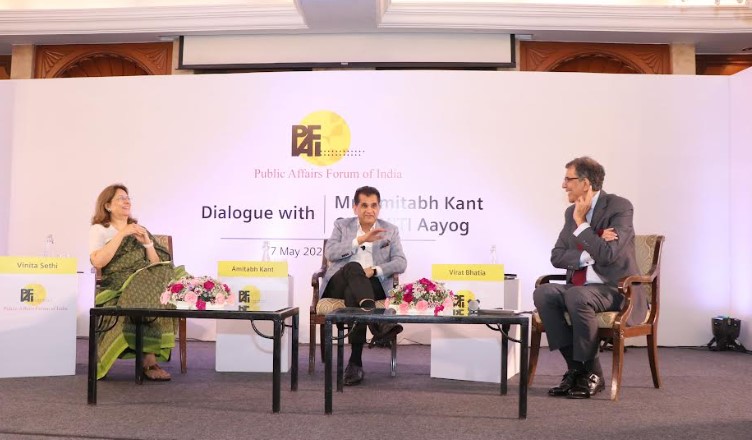
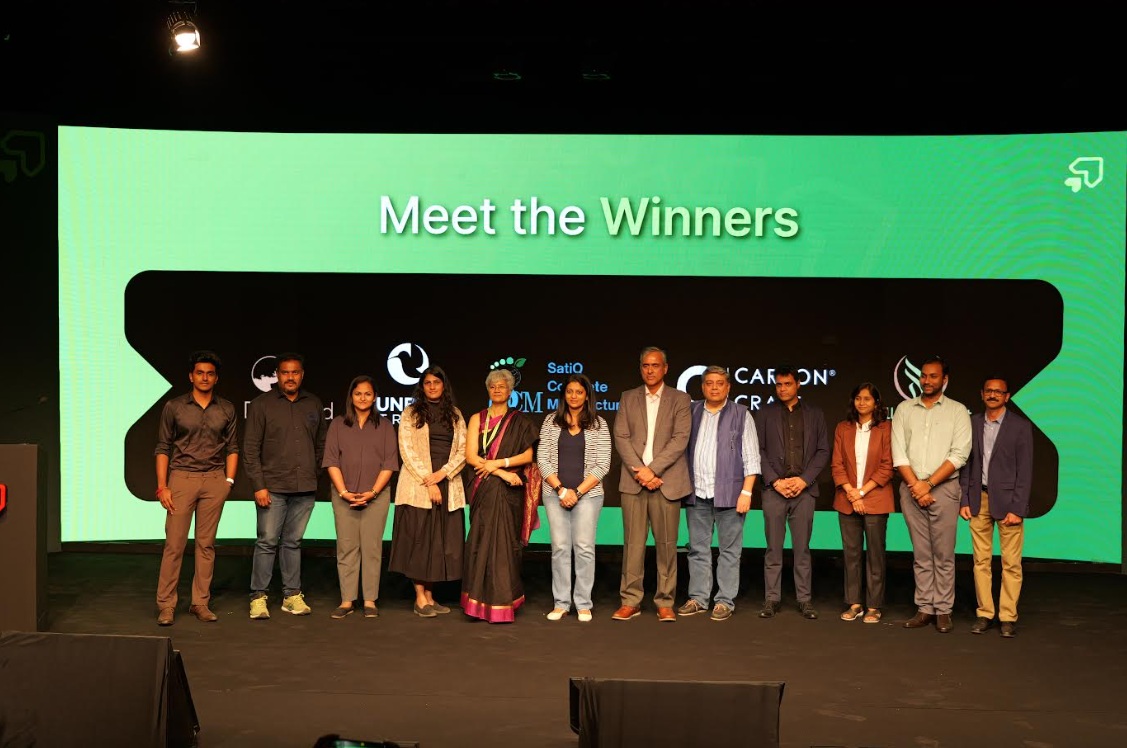
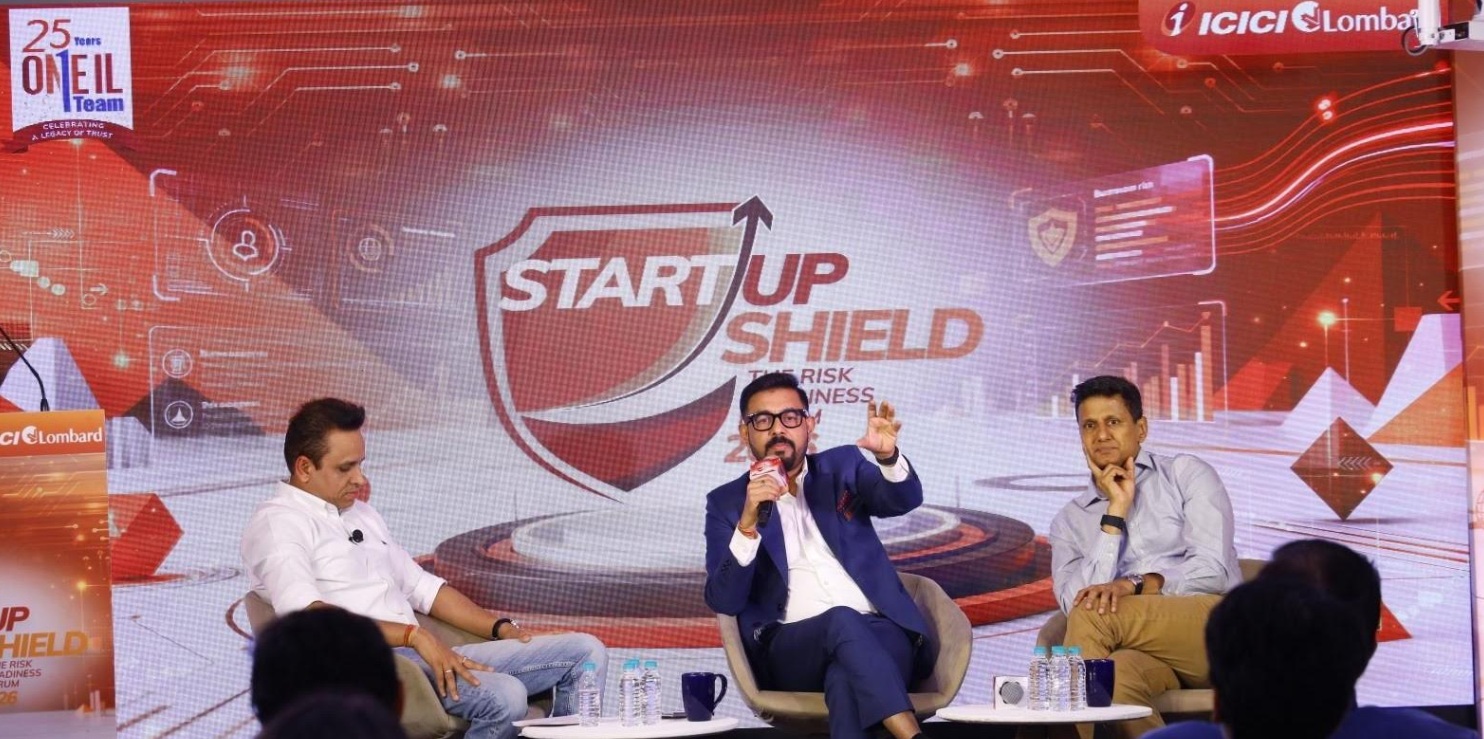


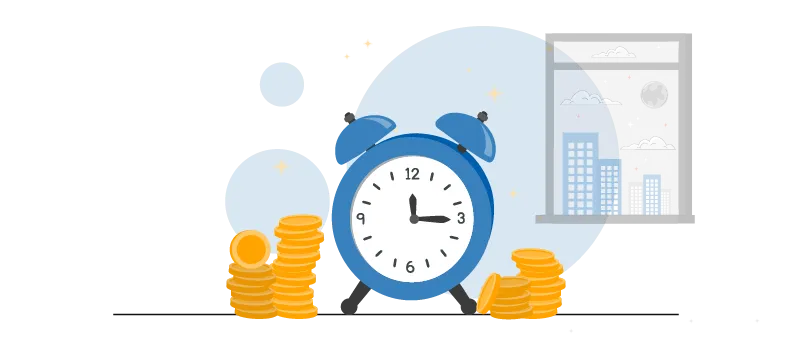

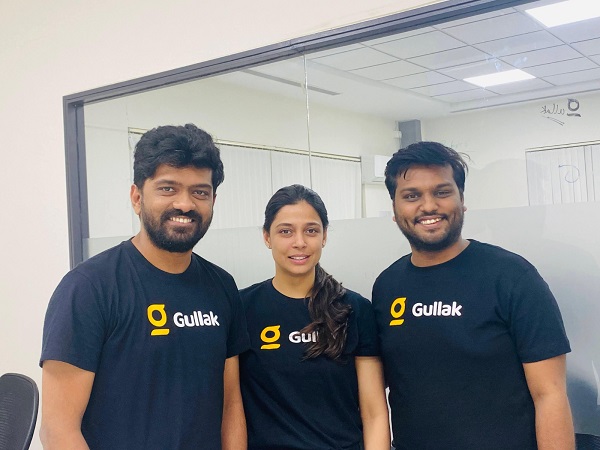




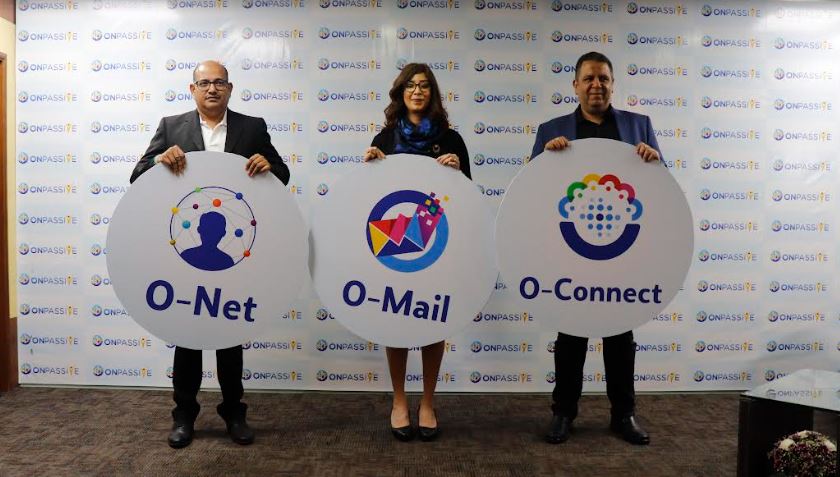











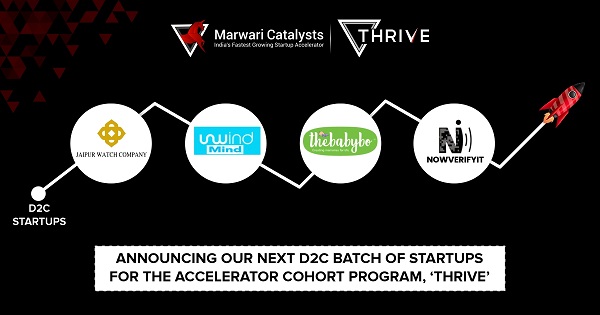
.jpg)
